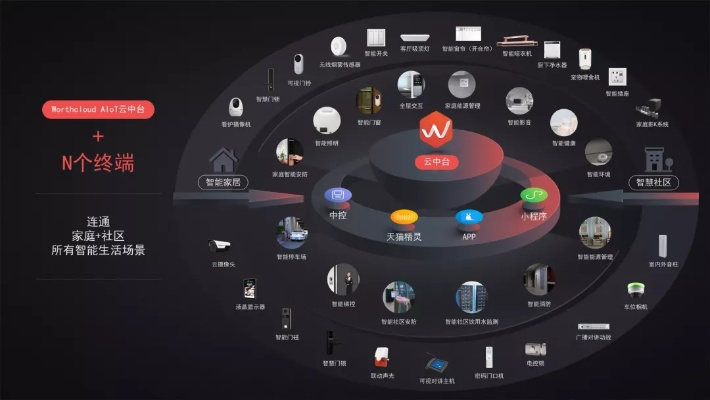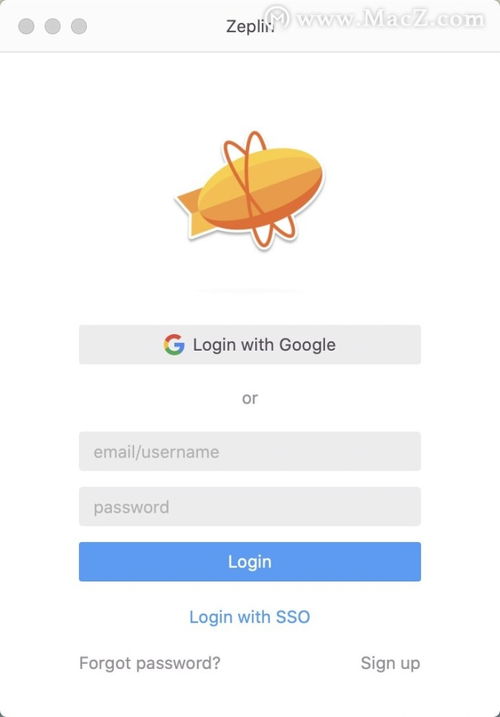Understanding the Purpose of English Live Streaming Reports
Before diving into the specifics of writing English live streaming reports, it's important to understand the purpose behind them. Live streaming reports serve as a real-time update for viewers, providing them with the latest information, insights, and analysis of events as they unfold. Whether it's a news event, a sports match, a concert, or a product launch, the goal is to keep the audience informed and engaged throughout the live stream.
Structure of an English Live Streaming Report
A well-structured English live streaming report should have a clear and logical flow. Here's a typical structure that you can follow:
Introduction: Start with a brief introduction that sets the context for the event. Mention the date, time, location, and any relevant background information that might help viewers understand the significance of the event.
Opening Remarks: Provide an overview of what the live stream will cover. This can include key players, teams, or individuals involved, as well as any notable aspects of the event that viewers should be aware of.
Live Updates: As the event progresses, provide real-time updates. This can include scores, goals, key plays, or any significant moments that are happening on the ground. Use concise and clear language to convey the information effectively.
Analysis: After a significant event or at regular intervals, offer analysis and insights. This can involve discussing the implications of what has just happened, comparing it to previous events, or providing expert commentary.
Interviews: If possible, include interviews with participants, experts, or spectators to add depth to the coverage. These can be pre-recorded or live, depending on the logistics of the event.
Conclusion: Wrap up the report by summarizing the key points and providing a final thought or comment on the event. Thank the audience for watching and invite them to stay tuned for more updates if the event is ongoing.
Key Elements to Include in Your Report
When writing an English live streaming report, consider the following key elements:
Clear and Concise Language: Use simple, straightforward language that is easy for viewers to understand. Avoid jargon or technical terms that might confuse the audience.
Accuracy: Ensure that all information is accurate and up-to-date. Misinformation can lead to confusion and credibility issues.
Engagement: Keep the audience engaged by using dynamic language and varied sentence structures. Ask rhetorical questions or encourage viewers to interact through comments if the platform allows it.
Visual Descriptions: Since the report is live, use vivid and descriptive language to help viewers imagine the scene. Describe the atmosphere, the setting, and any notable visuals that are part of the event.
Transitions: Use smooth transitions between updates, analysis, and interviews to maintain a seamless flow of information.
Using Visual Aids and Graphics
Visual aids and graphics can greatly enhance the effectiveness of your live streaming report. Consider the following:
Live Scores: If the event involves competition, display live scores and statistics in real-time.
Graphics and Charts: Use graphics to illustrate trends, comparisons, or complex data that might be difficult to convey in words alone.
Video Clips: Insert short video clips of key moments or interviews to provide additional context or to highlight important points.
Conclusion
Writing an effective English live streaming report requires a combination of clear communication skills, real-time analysis, and the ability to engage with an audience. By following a structured approach, using clear and concise language, and incorporating visual aids, you can create a compelling and informative report that keeps viewers engaged and well-informed throughout the event.
转载请注明来自马鞍山同杰良,本文标题:《英文实时直播播报怎么写,现场直播英文 》















 皖ICP备2022015489号-1
皖ICP备2022015489号-1